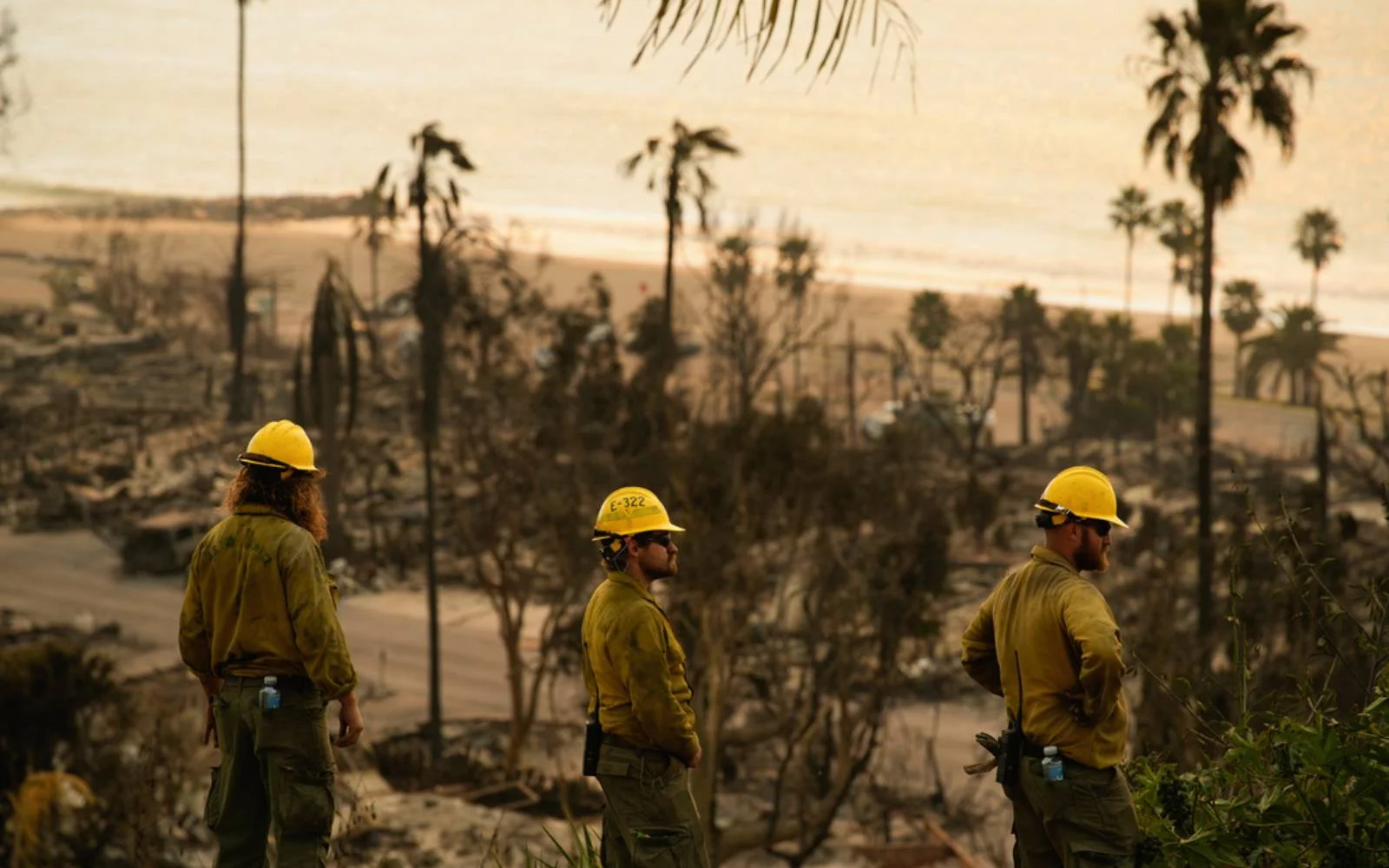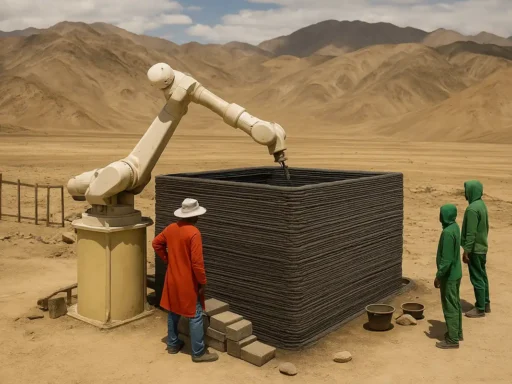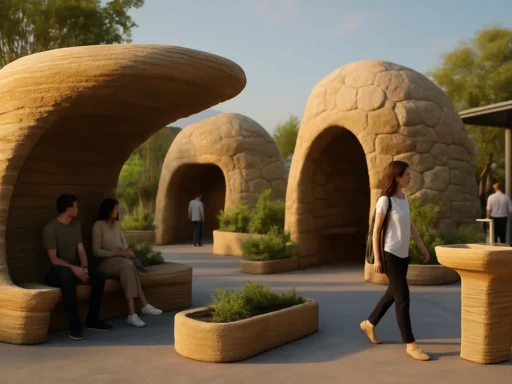American journalist Nonny de la Peña has used 3D scanning to digitally document the recovery efforts in Los Angeles following the wildfires that swept through the city last month.
Working with colleagues at Arizona State University, where she heads the Narrative and Emerging Media program, de la Peña has scanned, filmed, and documented the damage.
Not only is she an LA native, the award-winning writer and film maker suffered her own fire-related losses less than two years ago. At the time, she found that capturing her belongings with the Scaniverse app was extremely helpful. Now she’s helping her community do the same thing with their homes, in an effort to kickstart what will be a lengthy healing process.
“More than thirty of my friends have lost their homes, and preserving what we can for them – for history and for helping the rest of the world have a deeper understanding of the impacts – is imperative,” she explained.
“Having my Scaniverse scans from back then has been essential to my healing process and for documentation for my insurance claims. To offer that to anyone who needs it has also been part of my goal.”
Over the course of ten visits to badly damaged areas of LA, de la Peña and her team captured everything they could with Scaniverse scans, gaussian splatting, and 360° video. Apparently, these technologies made it possible to create 3D models that would’ve been impossible until fairly recently, with the crew able to pick up data using everyday smartphones.
In doing so, they’ve digitized more than 80 objects, ranging from charred Christmas decorations to chimney stacks, as well as 20 areas of destroyed homes in Pacific Palisades and Altadena.
As the region rebuilds, it’s hoped that these ultra-realistic visuals will highlight the resilience of those impacted by the disaster, and inspire the recovery efforts of the local community.
The ASU team continue to share their results – including before and after shots of the worst-impacted areas – via their immersive journalism site. You can find out more about smartphone capture and related technologies like AI Photogrammetry here.
The project has also been backed by video game developer Niantic Labs, which has donated $1 million to LA’s recovery efforts, ahead of the city’s upcoming Pokémon GO Tour. Discover more about the initiative here.






